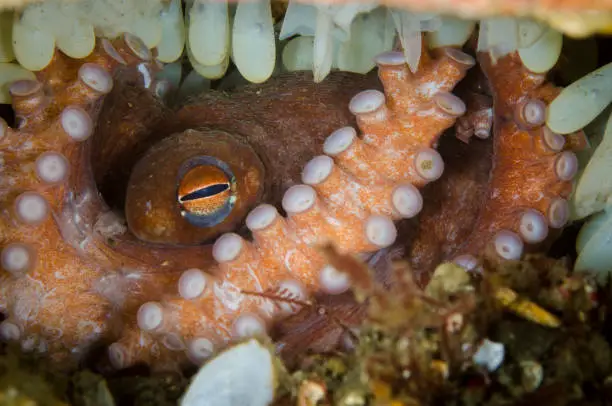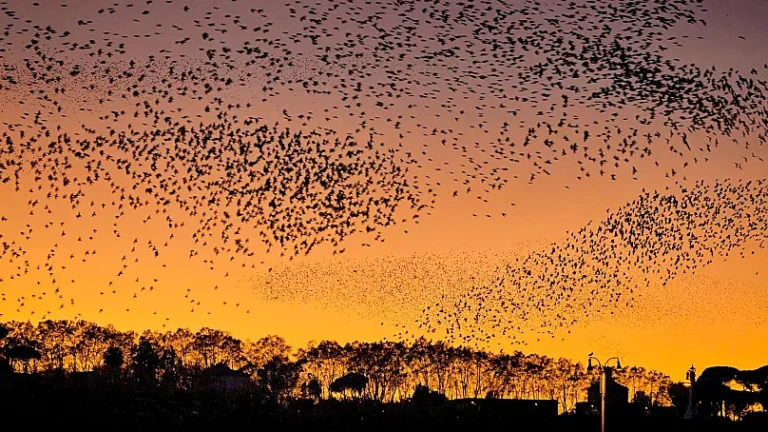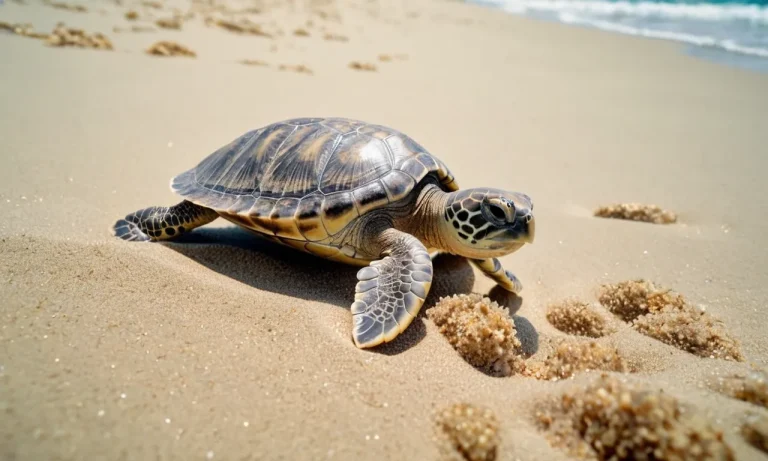The Ultimate Sacrifice: Why Female Octopuses Die After Reproducing
The octopus is one of the ocean’s most fascinating creatures, renowned for its intelligence, adaptability, and intricate behaviors. However, one of its most tragic aspects is the ultimate sacrifice made by female octopuses after reproduction. Understanding this behavior reveals the complexities of life beneath the waves.
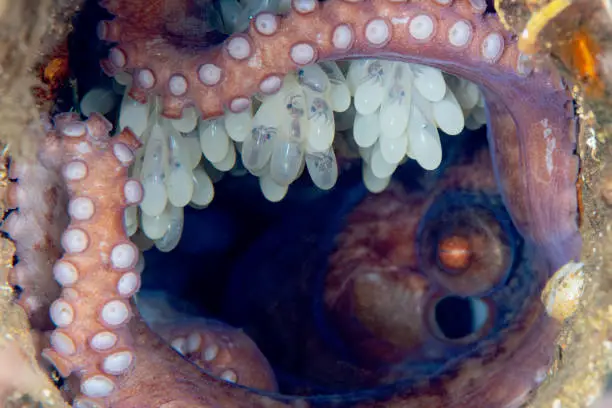
A Selfless Act of Motherhood
After mating, a female octopus embarks on a remarkable yet heartbreaking journey. She lays thousands of eggs, intricately attaching them to a safe location within her den. For the next several weeks, she dedicates herself to guarding these eggs, cleaning them, and ensuring they receive adequate oxygen by gently blowing water over them. This commitment is her final act of motherhood, as she stops eating and eventually succumbs to starvation before her young hatch.
While this may seem like a tragic end, it serves a purpose in the cycle of life. By not consuming food, the mother octopus avoids the risk of turning to cannibalism—a behavior observed in some octopus species. This self-imposed starvation protects her vulnerable offspring from being eaten by their own mother.
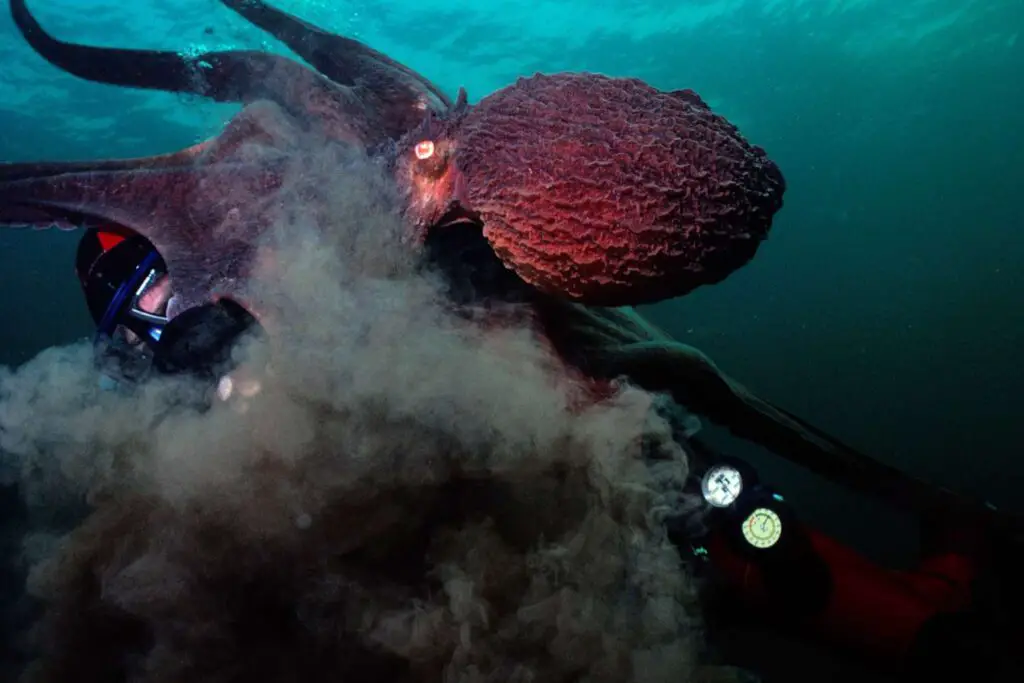
The Role of the Optic Gland
Recent studies have revealed that this self-sacrificial behavior is not merely an act of exhaustion but is driven by complex neurobiological mechanisms. The optic gland, a key component in the octopus’s nervous system, plays a crucial role in orchestrating this behavior. When the optic gland is removed, the octopus’s lifespan dramatically increases, suggesting that its function is closely tied to the pre-programmed fate of the female after reproduction.
This biological programming leads to a tragic but necessary conclusion, ensuring that the next generation has the best chance for survival. By allowing her body to perish, she ensures that her offspring can grow unthreatened by their mother’s instinct to hunt.
Conclusion
The life of a female octopus is a poignant reminder of the sacrifices made in the name of motherhood. While it may seem cruel that she must give up her life for her offspring, this evolutionary strategy highlights the delicate balance of nature. The next time you marvel at an octopus’s agility or intelligence, remember the profound depth of their reproductive behaviors—a testament to the fierce love and instinctual drive that exists in the animal kingdom.
Feel free to share your thoughts about this extraordinary creature in the comments below!
